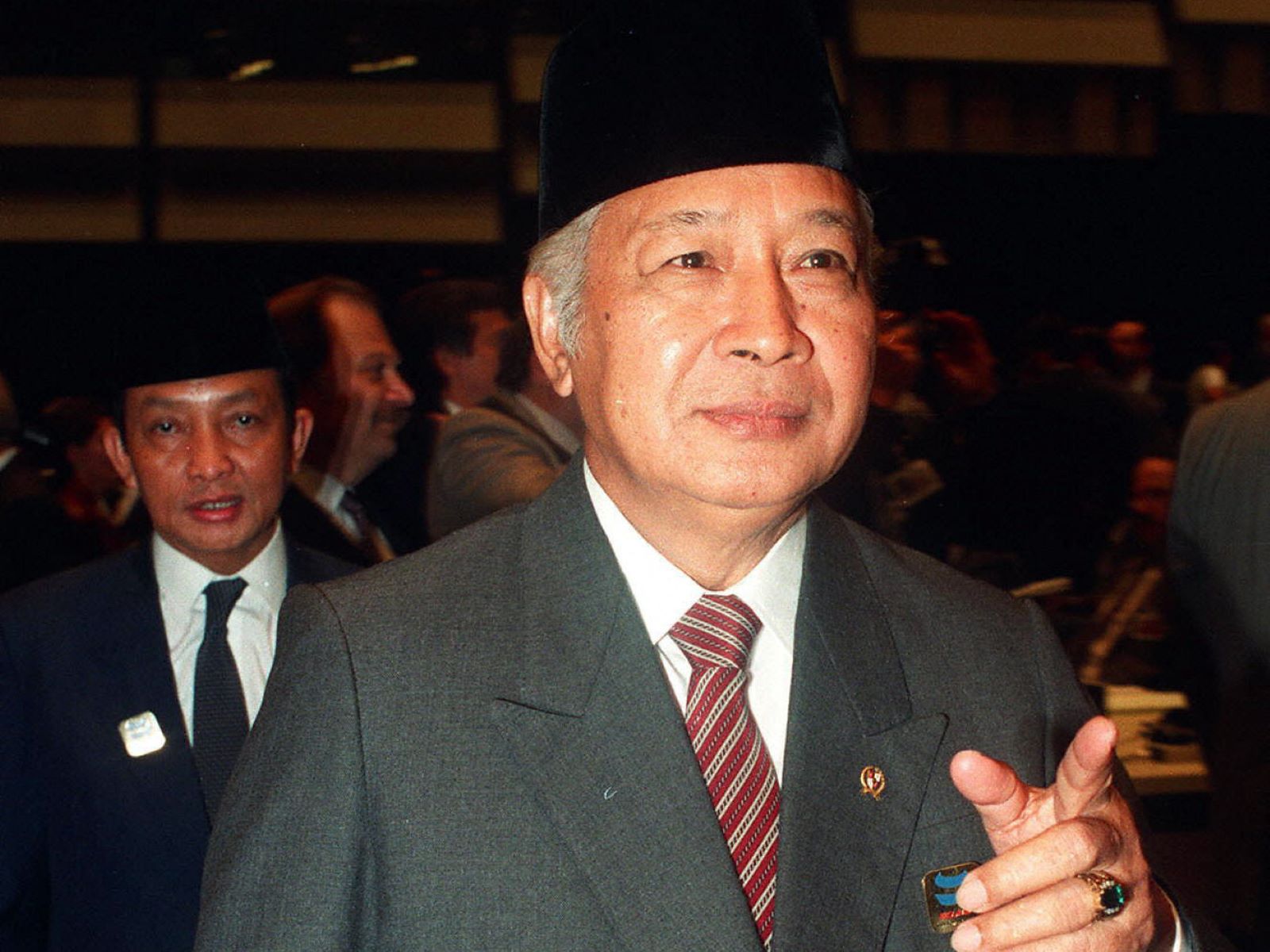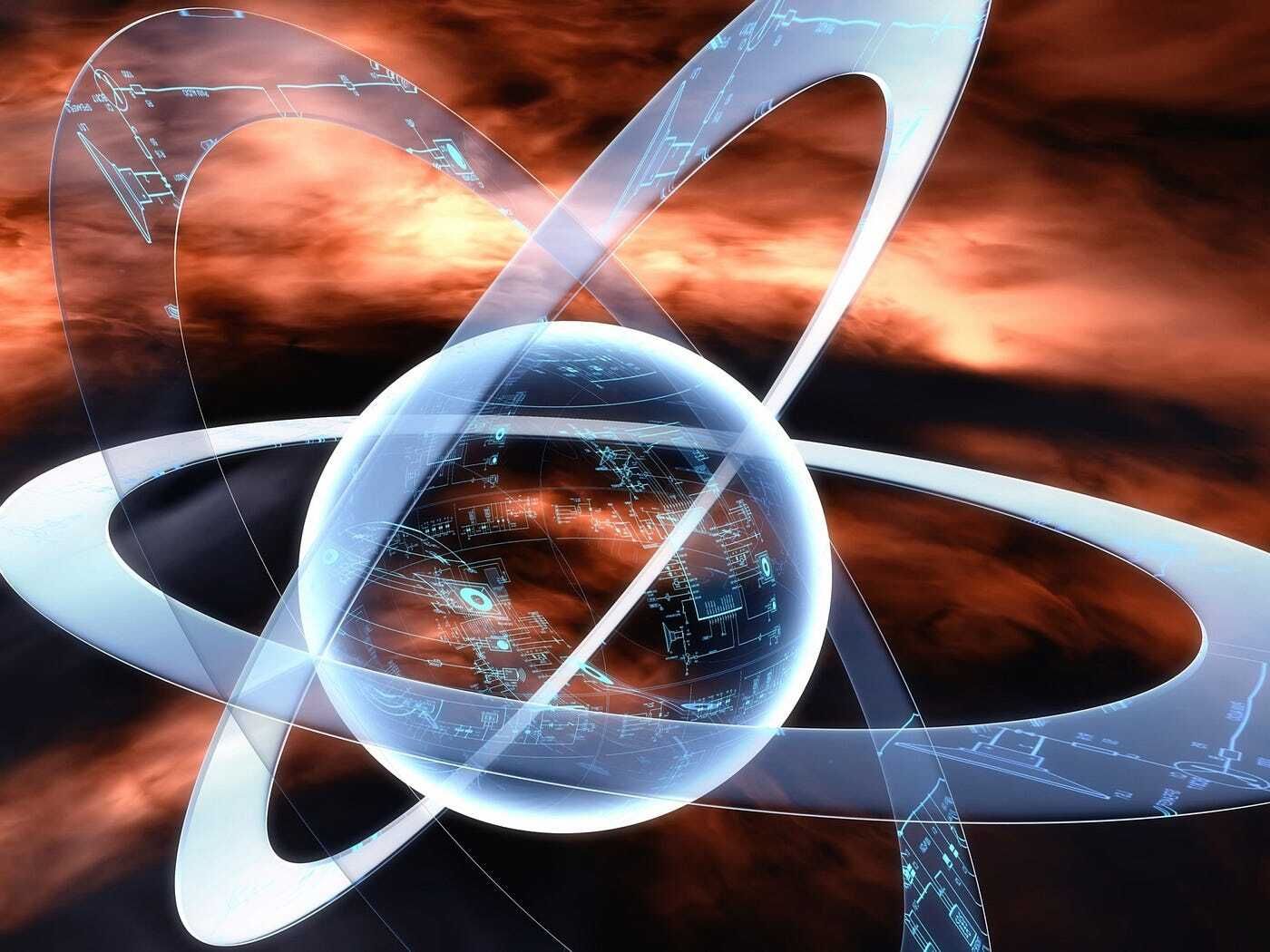
Suharto, the former President of Indonesia, was a figure of immense complexity and significance in the nation’s history. Serving as the leader of Indonesia for over three decades, from 1967 to 1998, Suharto left an indelible mark on the country’s political, social, and economic fabric. Often considered a controversial figure, Suharto’s legacy is surrounded by both praise and criticism.
In this article, we will delve into 10 unbelievable facts about Suharto that shed light on his life, his rule, and the impact he had on Indonesia and the world. From his rise to power to his economic policies and his handling of political dissent, these facts will highlight the complexities of Suharto’s leadership and provide a comprehensive look into his reign as President.
Key Takeaways:
- Suharto, the second President of Indonesia, held office for 31 years, shaping the country’s politics and economy, but faced criticism for human rights abuses and corruption.
- Despite overseeing economic growth, Suharto’s rule was marred by controversy, including the 1965 massacre and widespread corruption allegations, leaving a complex legacy in Indonesia.
The Rise of Power
Suharto, born in 1921, was a military general who served as the second President of Indonesia from 1967 to He came into power following an alleged communist coup attempt and established a New Order regime that lasted for over three decades.
The Longest-Serving Indonesian President
Suharto’s presidency is unprecedented in Indonesian history, as he held office for 31 years. His long tenure allowed him to shape the country’s political landscape and implement substantial economic reforms.
The Controversial Birthplace
One of the intriguing facts about Suharto is that the exact location of his birthplace remains a mystery. While it is widely accepted that he was born in the Kemusuk village in Yogyakarta, the exact house or even the day of his birth is still disputed.
The Political Suppression
Suharto is infamous for his authoritarian rule and the suppression of political opponents. Under his regime, many individuals were imprisoned, exiled, or even killed for their political beliefs, leading to criticism of his human rights record.
The Massacre of 1965
One of the darkest chapters in Suharto’s rule is the alleged involvement in the 1965 massacre, which resulted in the deaths of an estimated 500,000 to one million people. This event targeted suspected communists, intellectuals, and ethnic Chinese, and it remains a contentious topic in Indonesian society.
The Economic Growth
Despite the controversies surrounding his rule, Suharto oversaw significant economic development in Indonesia. His policies focused on promoting industrialization, agricultural growth, and attracting foreign investment, resulting in impressive economic growth and improved infrastructure.
The Accumulated Wealth
Suharto’s presidency was marred by widespread corruption allegations, with estimates suggesting that he and his family accumulated vast amounts of wealth. Although the exact figures remain unknown, it is believed that his family’s wealth was in the billions of dollars, acquired through questionable means.
The Fall from Power
In 1998, Suharto faced widespread protests and economic turmoil, leading to his resignation as president. This marked the end of his authoritarian regime and the beginning of a new era for Indonesia, characterized by democratic reforms.
The Legacy and Ongoing Debate
The legacy of Suharto’s rule continues to be a topic of debate in Indonesia. While some credit him with stabilizing the country and promoting economic growth, others highlight the human rights abuses and corruption that occurred under his regime.
The Enduring Influence
Even after his departure from office, Suharto’s influence on Indonesian politics has persisted. His ruling style and the political structure he established have significantly shaped the country’s political landscape and continue to impact its governance.
In conclusion, the 10 Unbelievable Facts About Suharto shed light on both the remarkable achievements and the controversial aspects of his reign as President of Indonesia. By understanding these facts, we can gain a deeper insight into the complexities of his rule and its lasting impact on the nation.
Conclusion
Suharto was undoubtedly one of the most prominent and controversial figures in Indonesian history. Through his 32-year rule, he left an indelible impact on the nation, both economically and politically. From his rise to power following the failed coup attempt in 1965 to his fall from grace amid widespread protests in 1998, Suharto’s tenure was marked by significant achievements and allegations of corruption and human rights violations.
While there are numerous facets to Suharto’s legacy, the ten unbelievable facts outlined in this article shed light on some lesser-known aspects of his life and rule. From his staggering wealth to his iron-fisted control over the country, these facts provide a deeper understanding of the complexities surrounding Suharto’s reign.
As we reflect on Suharto’s impact, it is essential to acknowledge the diverse perspectives and opinions surrounding his rule. History has shown that leaders can evoke admiration and criticism in equal measure, and Suharto is no exception. Ultimately, the evaluation of his legacy remains subjective, with ongoing debates regarding Suharto’s accomplishments, failures, and the long-lasting effects they have had on Indonesia.
FAQs
1. Was Suharto the longest-serving leader of Indonesia?
No, Suharto was not the longest-serving leader of Indonesia. He ruled from 1967 to 1998, which amounts to 32 years. However, the first President of Indonesia, Sukarno, served from 1945 to 1967, a total of 22 years.
2. How did Suharto accumulate his wealth?
Suharto’s wealth is a subject of much speculation and controversy. While it is difficult to ascertain the exact amount, it is believed that he and his family amassed a significant fortune through corruption and nepotism during his presidency. Estimates range from billions to tens of billions of dollars.
3. Did Suharto face any major challenges during his rule?
Yes, Suharto faced several challenges during his rule. The economic crisis of 1997-1998 sparked widespread protests and demands for political reform. The period leading up to his resignation in May 1998 saw escalating unrest and violence, ultimately leading to his departure from power.
4. What were the allegations against Suharto regarding human rights violations?
Suharto’s rule was marred by allegations of human rights violations, particularly during the early years when he consolidated his power. The most notable incident was the violence that erupted in the aftermath of the alleged Communist coup attempt in 1965, which resulted in the deaths of hundreds of thousands of people.
5. How did Suharto’s rule impact the economy of Indonesia?
Suharto’s economic policies, known as the “New Order,” focused on export-oriented industrialization and attracting foreign investment. While these policies led to significant economic growth, they also contributed to massive income inequality and the consolidation of wealth within Suharto’s inner circle.
Suharto's reign showcased Indonesia's potential for growth and influence, despite controversies. Delve into more fascinating topics, like how presidents have graced currency or intriguing military trivia. For those curious about the impact of authoritarian rule, our dictatorship facts article is a must-read.
Was this page helpful?
Our commitment to delivering trustworthy and engaging content is at the heart of what we do. Each fact on our site is contributed by real users like you, bringing a wealth of diverse insights and information. To ensure the highest standards of accuracy and reliability, our dedicated editors meticulously review each submission. This process guarantees that the facts we share are not only fascinating but also credible. Trust in our commitment to quality and authenticity as you explore and learn with us.


